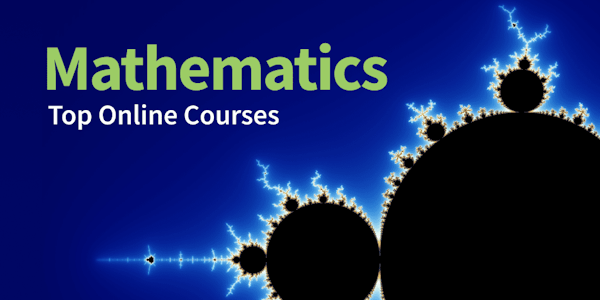Overview
Class Central Tips
Biostatistics is an essential skill for every public health researcher because it provides a set of precise methods for extracting meaningful conclusions from data. In this second course of the Biostatistics in Public Health Specialization, you'll learn to evaluate sample variability and apply statistical hypothesis testing methods. Along the way, you'll perform calculations and interpret real-world data from the published scientific literature. Topics include sample statistics, the central limit theorem, confidence intervals, hypothesis testing, and p values.
Syllabus
- Sampling Distributions and Standard Errors
- Within module one, you will learn about sample statistics, sampling distribution, and the central limit theorem. You will have the opportunity to test your knowledge with a practice quiz and, then, apply what you learned to the graded quiz.
- Confidence Intervals for Single Population Parameters
- Module two builds upon previous materials to discuss confidence intervals, the need for ample sizes of data, and ways to get around the need for ample sizes of data. The practice quiz helps you prepare for the graded quiz.
- Confidence Intervals for Population Comparison Measures
- Within module three, confidence intervals are discussed at length and ratios are discussed again. Aside from the lectures, you will also be completing a practice quiz and graded quiz.
- Two-Group Hypothesis Testing: The General Concept and Comparing Means
- Within module four, you will look at statistical hypothesis tests, confidence intervals, and p-value. There is a practice quiz to prepare you for the graded quiz.
- Hypothesis Testing (Comparing Proportions and Incidence Rates Between Two Populations) & Extended Hypothesis Testing
- Project
- During this module, you get the chance to demonstrate what you've learned by putting yourself in the shoes of biostatistical consultant on two different studies, one about asthma medication and the other about self-administration of injectable contraception. The two research teams have asked you to help them interpret previously published results in order to inform the planning of their own studies. If you've already taken the Summarization and Measurement course, then this scenario will be familiar.
Taught by
John McGready, PhD, MS
Tags
Reviews
5.0 rating, based on 1 Class Central review
4.8 rating at Coursera based on 600 ratings
Showing Class Central Sort
-
This is a comprehensive introduction to conventional hypothesis testing procedures (for beginners or perhaps those who do not have solid theoretical foundations on the topic), and the quiz/project questions are quite challenging yet enjoyable.




